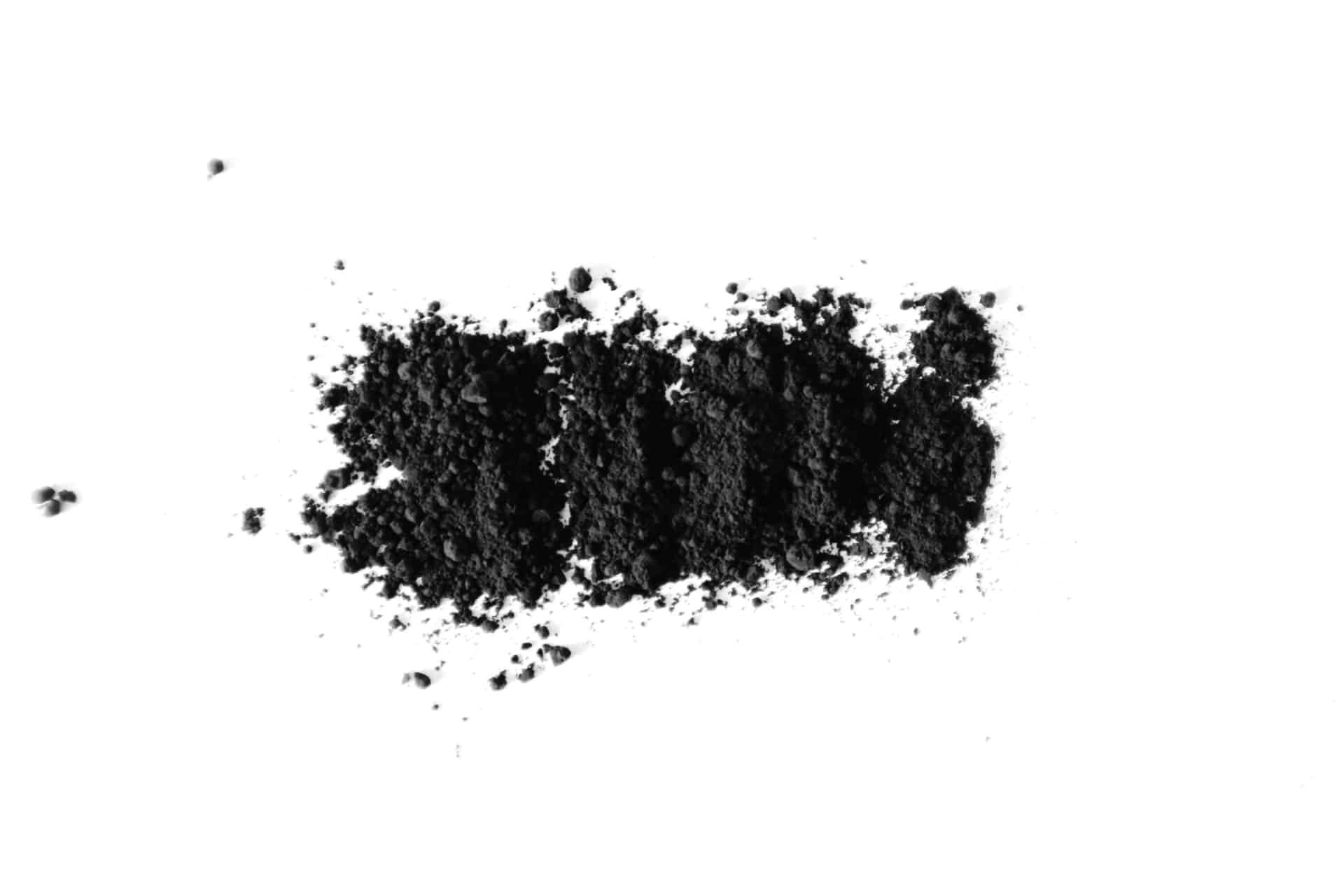
Activated charcoal is one of the most popular and most effective natural remedies to date. It’s made by heating organic material, usually, wood or coconut shells, which then creates an activated carbon that has powerful detoxifying properties. Charcoal powder can be made from either hardwood or coconut shells, and both have unique health benefits and uses. Learn the differences between activated charcoal powder coconut and hardwood here!
In short, it’s carbon that has been processed to create a porous structure. Unlike coconut charcoal, hardwood charcoal is made from wood (usually oak or beech). It’s processed under high temperatures and put through additional pressure to ensure that it has pores of consistent size. This makes it perfect for extracting toxins from your body because its particles are large enough to trap and remove toxins.
Coconut shell-activated charcoal uses coconut shells to create a safe and natural form of activated charcoal. However, it doesn’t have all of the same properties as traditional hardwood charcoal does. If you’re trying to get rid of allergies or are just looking for an alternative that is environmentally friendly, coconut-activated charcoal might be right for you. Coconut powdered activated carbon is created from coconut shells, which are then heated in special ovens until they become carbonized byproducts.
The biggest difference between activated charcoal powder coconut and activated hardwood is that activated charcoal powder coconut doesn’t contain any additives. Because it’s made from organic materials, there are no artificial colors or flavors in your finished product. Also, because you don’t need to add any water to activate your coconut charcoals (unlike most hardwoods), you save money by using less product overall—the only thing added during activation is heat. Coconut charcoal powder also lasts longer than other types of activated charcoal; coconut activated charcoal will remain active for up to two years if stored properly.
Wood charcoal is active charcoal made from different types of woods. The biomass fuel is then carbonized under controlled conditions, in a similar process to producing activated carbon. In contrast, coconut activated charcoal is made from organic coconuts and does not use chemical processing or bleaching.
Both activated coconut and hardwood charcoals have a high surface area for absorbing chemicals and impurities, but some people prefer one over another based on its sustainable characteristics.
When deciding which type of activated charcoal powder you should purchase, consider what it will be used for and where it comes from. Activated coconut activated charcoal is more environmentally friendly than wood-based products because there are no toxins used during production. It’s also available in fine powder form, which allows for better mixing with water-based liquids and gives it increased absorption capacity.
Activated coconut charcoal powder can be added to personal care products like shampoo or toothpaste because it contains antimicrobial properties that fight off bacteria and fungi. Some customers find that using activated coconut activated charcoal can help alleviate symptoms associated with heartburn and indigestion by neutralizing stomach acids before they enter your esophagus; however, studies show mixed results when trying to confirm these claims.
Whether you opt for coconut shell activated charcoal or hardwood, it’s not just about which source material is more sustainable: What really matters is whether or not you’re getting an effective product. When it comes to activated charcoal powder, however, one recent study showed just how many quality matters: Researchers compared coconut shell-based activated charcoal with hardwood-based varieties, testing each type on its ability to remove some common toxins from water sources.
Coconut shell-activated charcoal was shown to be superior in removing pesticides and heavy metals from water—and when considering that coconut shells are a waste byproduct of coconut oil production, it’s easy to see why. Coconut shell-based activated charcoal may cost a little bit more than hardwood versions, but if you want a safe and effective product, it might be worth paying extra for.
When compared to hardwood activated charcoal, coconut activated charcoal is a cleaner, more versatile option. It’s safe for vegetarians and vegans, and it can be consumed in tablet form or as an additive to smoothies.
Its antimicrobial properties make it ideal for oral care. Activated charcoal powder coconut also has mild detoxifying effects when used on its own; like activated hardwood charcoal, coconut activated charcoal absorbs toxins from your body while simultaneously giving your digestive system a rest. In fact, many people use activated charcoal powder coconut to treat nausea and upset stomach.
Coconut charcoal powder also makes a great natural deodorant ingredient: mix it with water and apply it to the underarms daily. It is an incredibly useful product that doesn’t just perform well, but it does so without any of the negative side effects associated with other forms of activated charcoal.
Because coconut activated charcoal isn’t made from trees, you don’t need to worry about deforestation or endangered animals when using coconut activated charcoal—it comes from one sustainable source: coconuts!
It’s a wrap with Activated charcoal powder coconut vs hardwood, we hope that you learned the major differences between both types of charcoal.
main photo: unsplash.com/Adrien Olichon